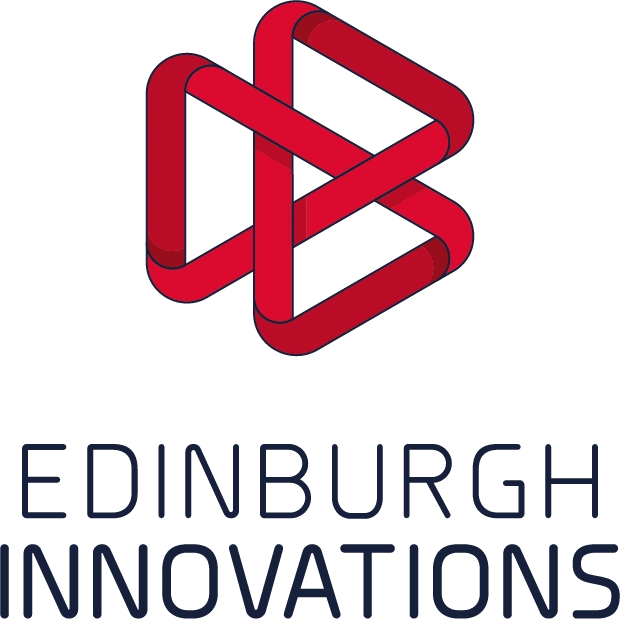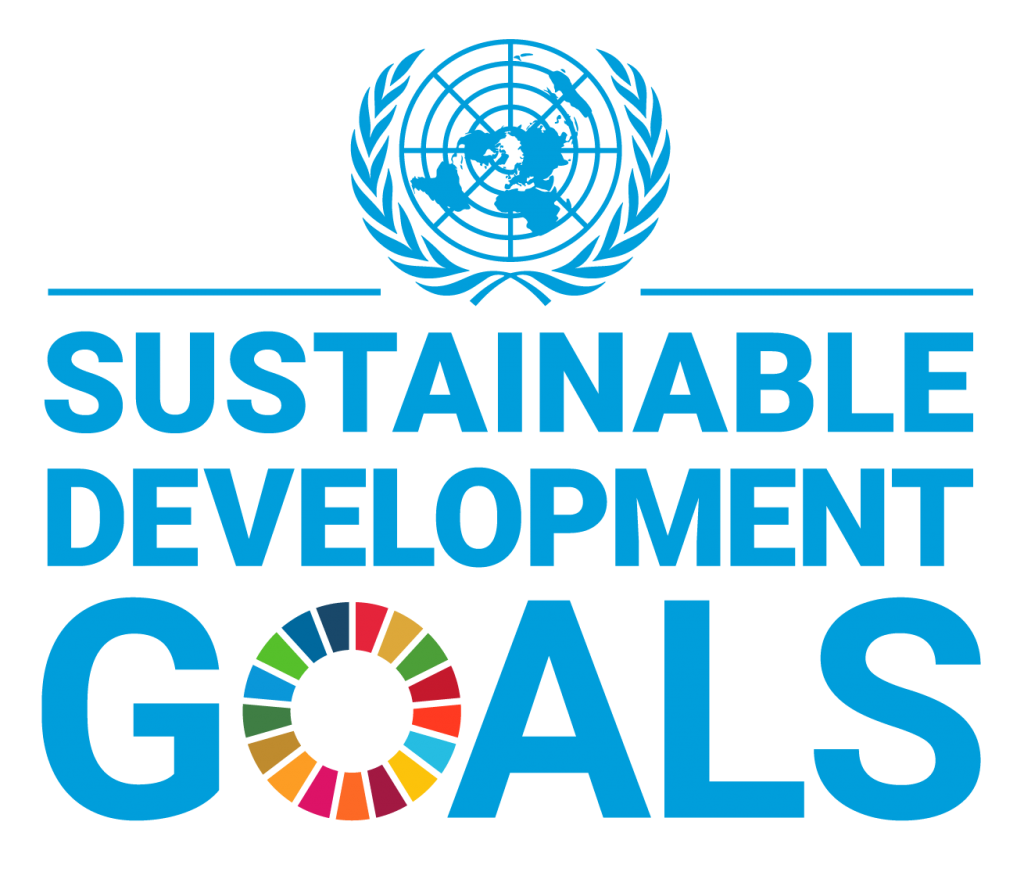ethy Sustainability Standards

Carbon Measured
The brand has conducted a comprehensive carbon footprint assessment to measure and quantify its total greenhouse gas emissions (CO2e), including scope 1, scope 2 and a selection of scope 3 emissions (operational emissions).
About This Standard
Calculating a carbon footprint marks the starting point of a brand's climate action journey. This process reveals the GHG emissions associated with the brand’s operations and offers valuable insights into specific areas of high carbon impact, reported in CO2e.
CO2e stands for "carbon dioxide equivalent." It's a metric used to express the impact of various greenhouse gases in terms of the amount of carbon dioxide (CO2) that would exert the same global warming potential over a specified timeframe. This allows for a standardised measurement of the overall impact of different gases in terms of their contribution to climate change. It simplifies the comparison of the overall climate impact of various gases.
The term "carbon footprint" considers all greenhouse gases (GHGs), not just carbon dioxide (CO2), by converting them into CO2 equivalents (CO2e) with a global warming potential (GWP) over 100 years. GHGs defined by the Intergovernmental Panel on Climate Change (IPCC), include CO2, methane (CH4), nitrous oxide (N2O), sulphur hexafluoride (SF6), hydrofluorocarbons (HFCs), perfluorocarbons (PFCs), and nitrogen trifluoride (NF3). CO2 and CO2 equivalents are often used interchangeably. The GWP, expressing a gas's impact on global warming compared to CO2, is applied for a 100-year period in carbon footprint calculations, following IPCC definitions.
Criteria
- Within the last 12 months, the brand has measured its total scope 1, 2 and a selection of scope 3 CO2e emissions for the previous year (12 consecutive months).
- Scope 3: The operational emissions that must be calculated, according to the GHG Protocol (full standards in Table 5.4), are:
- Category 1 Purchased Goods and Services: Printed products, office paper, water, external data centres, electronic equipment, catering.
- Category 3 Upstream energy.
- Category 5 Waste from operations: Disposal.
- Category 6 Business travel: Flights, rail travel, rental and private vehicles, hotel accommodation.
- Category 7 Employee travel: Employee travel, home office.
- The carbon footprint report is created using standardised measurement protocols such as the Greenhouse Gas Protocol (A Corporate Accounting and Reporting Standard and Product Life Cycle Accounting and Reporting Standard) and/or the norms from the International Organisation for Standardisation (ISO) (ISO 14064-1, ISO 14067).
- The carbon footprint shall be calculated for 12 consecutive months, for example, the financial or calendar year, with the footprint being calculated retrospectively once the consumption data are available. Start-up companies that do not yet have 12 months of data may calculate their carbon footprint for a shorter period (based on available data) for the first certification and shall apply a full year for subsequent certification periods.
Accepted Proof
Option 1
Submission of a detailed carbon footprint report certified/verified by a recognised third-party consultancy such as ClimatePartner. This is a requirement for organisations that have more than 500 employees or annual revenue exceeds £10 million.
Option 2
Activity-based: For SMEs, with annual revenues under £10m, we accept submission of a carbon footprint report that meets the minimum criteria of the scopes 1-3 categories calculated using an independent consultancy, such as ClimatePartner.
Option 3
Spend-based: For SMEs, with annual revenues under £10m, we accept submission of a carbon footprint report that meets the minimum criteria of the scopes 1-3 categories generated using the SME Climate Hub’s calculator that follows the Greenhouse Gas Protocol.
The SME Climate Hub is a non-profit global initiative that empowers small to medium-sized companies, with under 500 employees, to take climate action and build resilient businesses for the future. The Hub is an initiative of the We Mean Business Coalition, the Exponential Roadmap Initiative and the United Nations Race to Zero campaign in collaboration with Normative and the Net Zero team at Oxford University.
Developed in collaboration with
Sustainable Development Goals
The United Nations Sustainable Development Goals are a universal call to action to end poverty, protect the planet and ensure that all people enjoy peace and prosperity by 2030. Through achieving this ethy ecolabel, brands also demonstrate contribution towards the following goals.
Hundreds of brands have met ethy standards. Find ethy verified brands
















